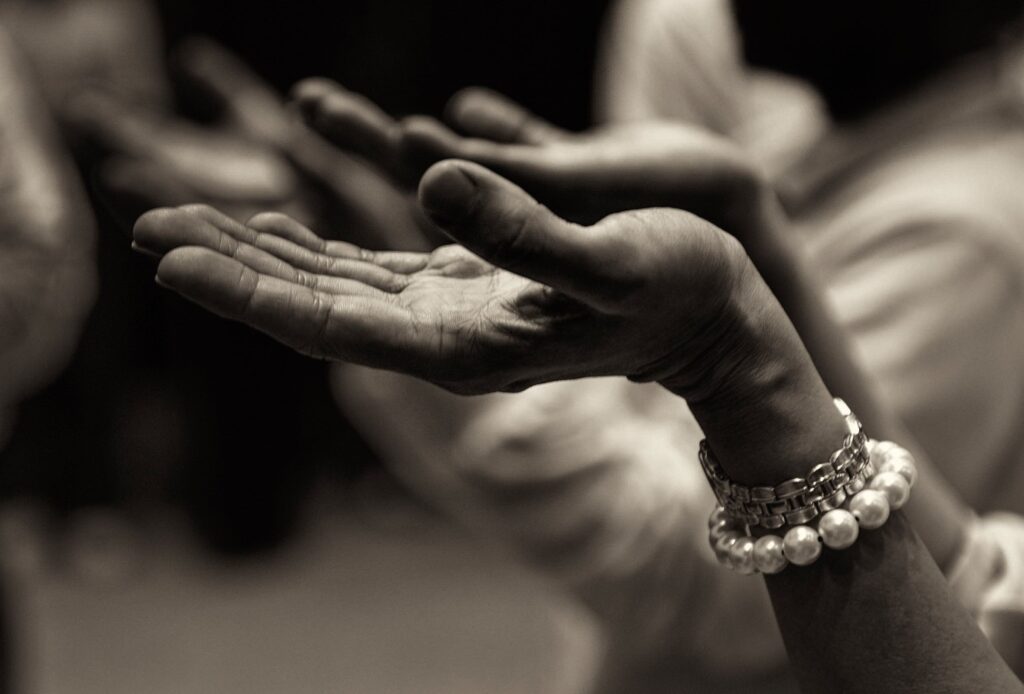Religion has been an integral part of human history and culture, shaping societies and individuals for thousands of years. In this blog, we will explore the significance of religion, focusing on the benefits it offers to our lives, without emphasizing any specific faith.
The Universal Significance of Religion
Religion, in its various forms and expressions, serves as a framework for understanding the world and our place in it. It typically involves belief in a higher power, moral principles, and practices that guide individuals in their daily lives. Here are the key benefits that religion offers, transcending specific faiths:
- Spiritual Connection: Religion provides a means for individuals to connect with the divine, offering spiritual fulfillment, introspection, and a deeper appreciation of life’s mysteries. It helps people find inner peace and tranquility.
- Moral Compass: Most religions emphasize ethical principles and values. They offer a moral compass that guides believers to make virtuous and ethical decisions in their lives. This guidance promotes empathy, compassion, and respect for others.
- Sense of Community: Religious institutions and gatherings often foster a sense of belonging and community. They provide a support system for their members and a place to celebrate, share, and grow together.
- Purpose and Meaning: Religion provides a profound sense of purpose and meaning in life. Believers often find comfort in the idea that there is a higher purpose guiding their existence, which can offer strength and resilience in challenging times.
- Coping with Grief and Loss: Many people turn to their faith to find solace and support when dealing with grief and loss. The belief in an afterlife or the notion of a greater plan can bring comfort and peace.
- Charity and Compassion: Virtually all religions emphasize the importance of helping others through acts of charity and compassion. These actions not only benefit those in need but also bring a sense of fulfillment to those who engage in them.
- Personal Growth: Religion encourages personal growth and self-reflection. Through prayer, meditation, and the study of religious texts, individuals can deepen their understanding of themselves, cultivate virtues, and grow spiritually.
Religion in a Modern World
In today’s rapidly changing and often chaotic world, the teachings and principles of religion continue to provide guidance and a sense of purpose to countless people. Regardless of the specific faith, religion has the power to foster values such as love, kindness, and empathy. It helps individuals navigate the complexities of the modern world and strive for a more meaningful and harmonious existence.
Religion has a remarkable way of bridging cultural divides, fostering unity among people of different backgrounds. It promotes a sense of interconnectedness with others, emphasizing shared values and beliefs. In an increasingly diverse world, religion can serve as a unifying force, encouraging respect and tolerance for different faiths and promoting a harmonious coexistence.
One of the notable benefits of religion is its ability to offer guidance during challenging times. The teachings and narratives in religious texts often provide wisdom and stories of resilience in the face of adversity. These stories can inspire believers to navigate their own difficulties with courage and hope.
Moreover, religion can serve as a source of motivation for positive change. Many faiths call upon their followers to engage in acts of service, kindness, and social justice. Individuals and communities inspired by their faith often contribute to the betterment of society by addressing issues such as poverty, inequality, and environmental stewardship.
The Role of Rituals and Traditions
Religion often involves a rich tapestry of rituals and traditions. These practices are not just empty routines but are deeply symbolic and meaningful. They serve to strengthen the bonds within a religious community and offer a sense of continuity with the past.
Rituals and traditions can also help individuals navigate life’s transitions. Birth, marriage, and death, among other life events, are often marked by religious ceremonies. These rituals provide structure and comfort during times of change and uncertainty.
In the context of religion, rituals and traditions can be a source of comfort and solace. They offer a sense of familiarity and predictability in an ever-changing world. Whether it’s the lighting of candles, recitation of prayers, or the observance of sacred holidays, these rituals provide a connection to something greater than oneself.
Challenges and Controversies
It’s important to acknowledge that religion, like any other aspect of human existence, is not without its challenges and controversies. Throughout history, religious differences have sometimes led to conflict and division. It’s crucial to recognize that the misuse or misinterpretation of religious teachings can have harmful consequences.
Furthermore, in a secular world, there are varying degrees of skepticism and atheism, which can lead to philosophical debates and questions about the role of religion in society. It’s essential for individuals to engage in open and respectful dialogues about these matters.
Conclusion
Religion, in its diverse forms, has a profound impact on our lives. It offers spiritual connection, moral guidance, a sense of community, purpose, and the ability to cope with life’s challenges.
In a world that often seems fragmented and fast-paced, the timeless wisdom and principles of religion provide a stabilizing force, offering individuals a sense of belonging, purpose, and a path to personal and collective growth. As we continue to explore and understand the role of religion in our lives, it becomes evident that its impact extends far beyond individual belief systems, influencing communities and societies as a whole.


